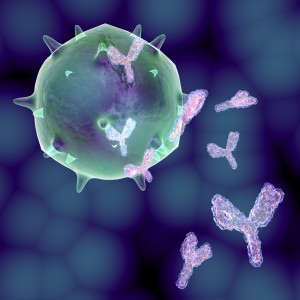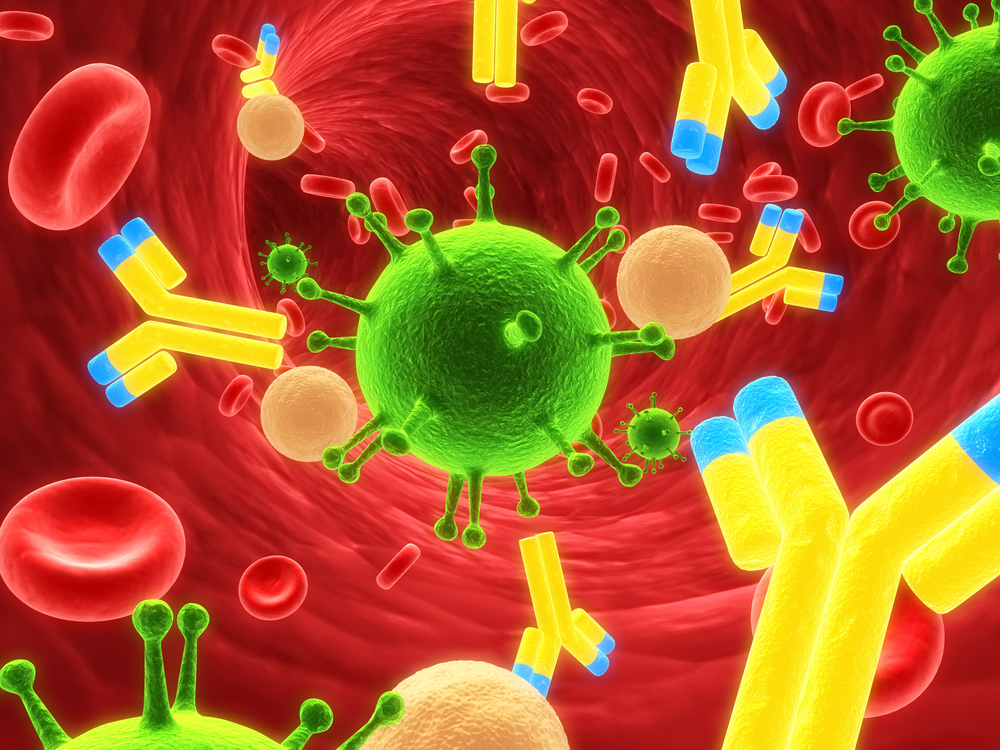 A new study identified the human antigen R (HuR) as a critical protein for controlling the balance of energy metabolism required for an adequate function of immune cells to develop immunity to vaccines and disease, including cancer. The study entitled “The RNA-binding protein HuR is essential for the B cell antibody response” was published in Nature Immunology by Cambridge researchers.
A new study identified the human antigen R (HuR) as a critical protein for controlling the balance of energy metabolism required for an adequate function of immune cells to develop immunity to vaccines and disease, including cancer. The study entitled “The RNA-binding protein HuR is essential for the B cell antibody response” was published in Nature Immunology by Cambridge researchers.
The work showed that the normal metabolic function of immune B cells was critically dependent on the human antigen R (HuR), an RNA-binding protein encoded by the gene Elavl1. Immune B cells are responsible for producing antibodies, fighting infections and developing long-term immunity after vaccination.
Dr. Kirsten Fairfax, co-author of the study, said in a news release that when the team removed HuR from immune B cells these did not proliferate or function adequately. Dr. Fairfaix also added that HuR controls a group of genes that establish the level of energy produced by B cells a process called “metabolic rate.”
The researchers said that without HuR this group of crucial metabolic genes within B cells do not induce the necessary energy production for them to mature into antibody-producing cells that enable a functional immune response to disease.
Dr. Fairfax said that this stage of maturation needs a great amount of energy and occurs in a ‘B-cell factory’ named the germinal center. “Germinal centers are the quality control check point for B cells,” said Dr. Fairfax. The B cells that successfully go through the check point are transformed into antibody-producing (plasma) cells while others have to start the process again.
Immune cells’ metabolism has to function normally for the maturation of B cells and formation of plasma B cells to occur in the germinal centre. If this does not happen it is extremely catastrophic for the immune system, as plasma B cells protect the body from infections and generate immunity after vaccination to protect from further infections.
Dr. Fairfax said that there are some anti-cancer drugs used for prolonged periods of therapy that can have a negative effect in cell’s metabolism. “If these drugs impact on the metabolism of B cells, it may compromise a patient’s ability to create the new plasma B cells required to prevent infections. Identifying which drugs have this impact and monitoring patients receiving these drugs will help clinicians guide cancer patients through treatment while ensuring efforts to restore their immune system are effective”concluded Dr. Fairfax.
A better understanding of the processes that controls the development of B cells, including metabolism, could lead to the development of new strategies to improve the efficacy of anti-cancer vaccines or maintained the capacity of the body to create immunity.


